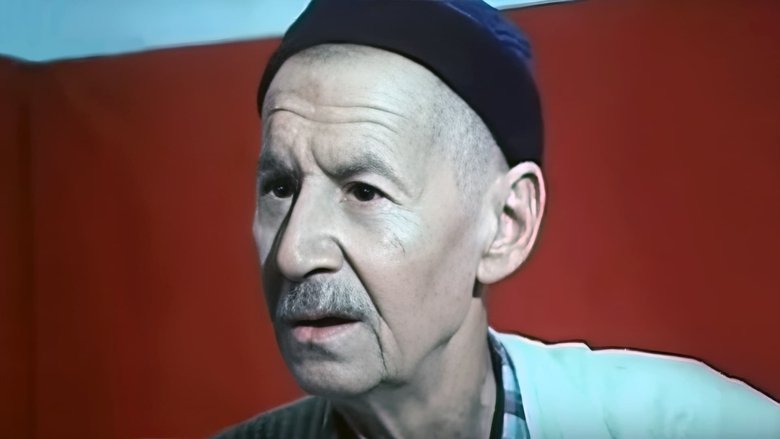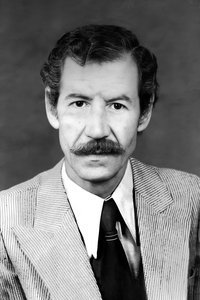M'hamed Issiakhem
Genres
Documentary
OverView
"A country without artists is a dead country... I hope we are alive..." It is in this film by Fawzi Sahraoui produced by the RTA in 1985 and filmed a few months before the painter M'hamed Issiakhem 'turns off this sentence is spoken. A very interesting docu-fiction in which Issiakhem delivers himself with finesse, passion and generosity.
Others
Budget
$--
Revenue
$--
Status
Released
Original Language
Arabic
Runtime
43 mins
Rating
10/10
Release Date
01 December 1985
Country
Algeria


